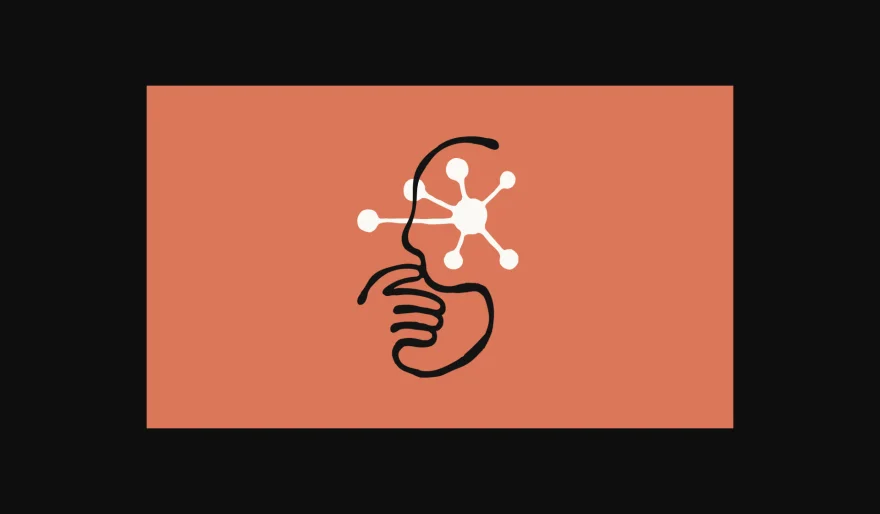Stay Ahead of the Curve
Latest AI news, expert analysis, bold opinions, and key trends — delivered to your inbox.
Anthropic Rolls Out Voice Mode for Claude AI Assistant
5 min read Anthropic has launched a beta voice mode for its Claude AI app, allowing users to have spoken conversations powered by Claude Sonnet 4. The feature aims to offer a hands-free, natural AI experience, with real-time voice responses and on-screen highlights, putting Claude in closer competition with ChatGPT and other voice-enabled AI assistants. May 28, 2025 14:12
Anthropic is rolling out a new “voice mode” for its Claude AI assistant, allowing users to engage in hands-free, spoken conversations with the chatbot for the first time. The feature is currently in beta, available in English, and will gradually be released to Claude mobile app users in the coming weeks.
A More Natural AI Experience
According to Anthropic’s official statement on X (formerly Twitter) and newly updated support documentation, the new voice mode is designed to offer a more intuitive and flexible way to interact with Claude, especially in situations where typing isn’t practical.
“Voice mode enables you to speak to Claude and hear responses through voice, making it easier to use Claude when your hands are busy but your mind isn’t,” the company said on its help page.
The feature is powered by Claude Sonnet 4, one of Anthropic’s most advanced models, which is optimized for both responsiveness and reasoning. Users will be able to talk to Claude naturally, and Claude will respond in a humanlike voice, accompanied by on-screen highlights of key information during the conversation. This hybrid interface helps maintain clarity while leveraging the fluidity of speech.
Competitive Positioning in the AI Race
This move positions Claude more competitively against rival assistants such as OpenAI’s ChatGPT, which rolled out voice and multimodal features as part of its GPT-4o update. Similarly, Google’s Gemini and Apple’s upcoming AI integrations are emphasizing multimodal, voice-first experiences that blur the lines between digital assistant and conversational AI.
Anthropic, known for prioritizing safety and alignment in AI, appears to be approaching voice interactions with the same philosophy. Although the company has not revealed the number of voices, tone variations, or how speech synthesis is handled, the beta launch indicates that it’s testing user engagement before scaling fully.
Why Voice Matters
Voice interfaces are a major step toward natural human-AI collaboration, removing friction from how users interact with complex systems. They’re especially valuable in contexts such as:
-
Driving or cooking (when hands are occupied)
-
Accessibility for users with physical limitations
-
Faster, more conversational problem-solving
-
More immersive learning, brainstorming, or productivity sessions
As AI becomes increasingly embedded in our lives, natural language voice interaction is expected to become a standard interface — not just for phones, but across smart devices, wearables, and even enterprise workflows.
What’s Next?
Anthropic hasn’t yet shared a timeline for when voice mode will leave beta or expand to desktop/web versions, nor has it clarified whether multilingual support is on the roadmap. However, the feature’s arrival marks a clear sign that Claude is evolving beyond text and pushing toward multimodal, real-time intelligence.
In a fast-moving AI space where every company is racing to enhance user experience, Anthropic’s voice mode is a strategic and timely addition that will help the Claude platform remain relevant — and more importantly, useful — in the next generation of human-AI interaction.



















 AI Agents
AI Agents